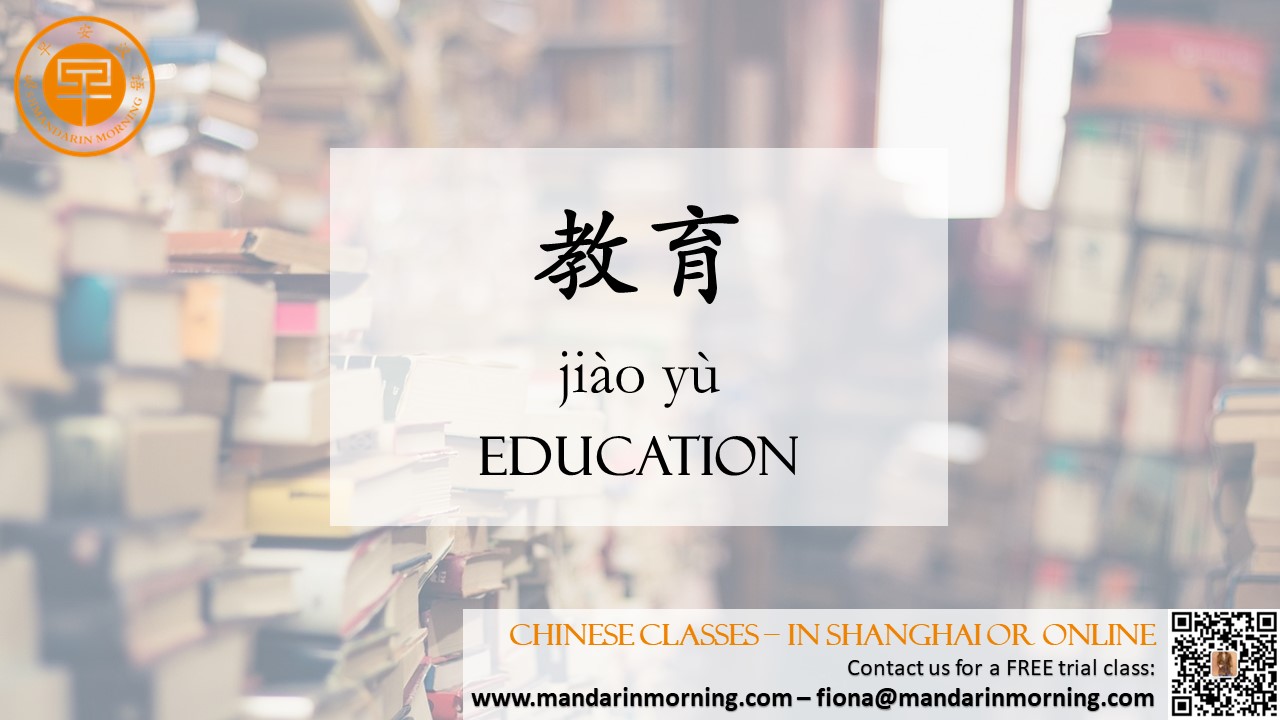As home to one of the world’s oldest civilizations, China has long placed great importance on 教育 (jiào yù; education). Historians date the beginning of institutionalized education in the Middle Kingdom to the 16th century BC. The Four Books and The Five Classics At the time, educational pedagogy was rooted in Confucianism, a moral ideology and school of thought founded by the esteemed scholar, philosopher, and teacher 孔子 (kǒngzǐ; Confucius). Like filial piety, hierarchical governance, and moral virtue, the essential role of education within China’s broader value system was shaped in accordance with Confucian thought. Speaking to the importance of practice, or learning, as a vital framework in building effective societies, Confucius once said, “By nature, men are alike. By practice, men become far apart.” In the early era of Confucian-style education during the Spring and Autumn and Warring States periods (770-221 BCE), schooling was reserved as a privilege for the elite, and academies were established to educate the children of nobility. Confucian curriculum—as consolidated by his disciples—was based on the philosopher’s founding texts, known as The Four Books and The Five Classics (四书五经 Sìshū Wǔjīng). The Confucian doctrines that emerged during this period created an enduring structure for educational pedagogy in China. The Four Books (四书 sìshū): Great Learning (大学 dà xué), Doctrine of the Mean (中庸 zhōng yōng), Confucian Analects (论语 lún yǔ), Works of Mencius (孟子 mèng zǐ) The Five Classics (五经 wǔjīng): Book of Poetry (诗经 shī jīng), also known as Book of Songs or Book of Odes, Book of Documents (书经 shū jīng), also known as Classic of History, Book of Rites (礼记 lǐ jì), Book of Changes (易经 yì jīng), Spring and Autumn Annals (春秋 chūn qiū) Throughout the subsequent dynasties, official schools and professional colleges sprung up around the nation as Confucian education continued to take root. At the same time, private schools, which also trained students in Buddhism, Daoism, and other schools of thought, were established by scholars and often sponsored by academics belonging to the local elite. |